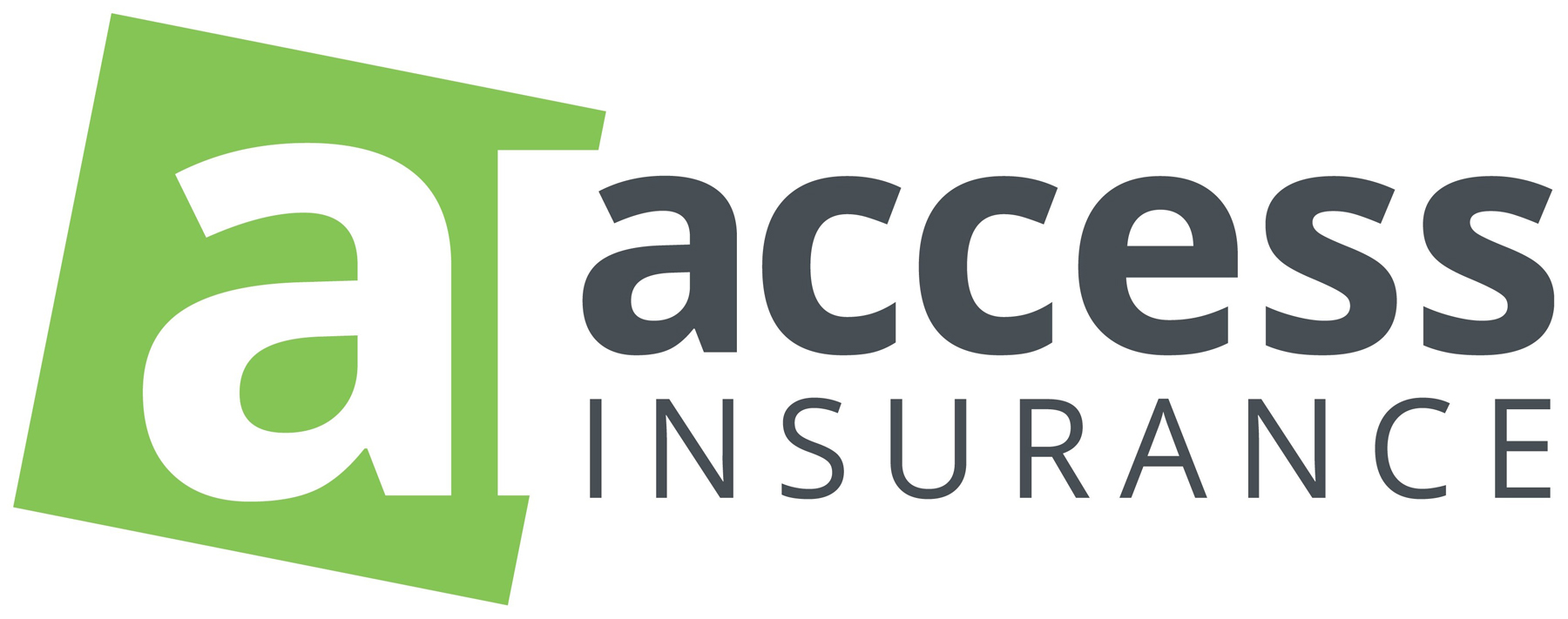How collaboration in social prescribing helps our communities
February 12, 2024
.webp)
We know that the wellbeing of our local communities can be improved when NAVCA members work in partnership with health systems. That's why we have recently published a set of new social prescribing resources, which aim to help facilitate better conversations and collaborations between local infrastructure organisations and Primary Care Networks. In this blog post, we explore the importance of partnership working, and share our new resources.
In social prescribing, organisations such as local charities, social care and health services refer people to a social prescribing link worker. This happens when a person's health and wellbeing can be improved through changes to their social activities and relationships, not just their medical care. These social prescribing link workers will then work with the individual to figure out the best path forward to improve their health and wellbeing. This might be through connecting them to a local group as a participant or volunteer, or connecting them to a debt advice or homelessness support service. So, where does a local infrastructure organisation come in?
Local infrastructure organisations (LIOs) have the best knowledge of not only the voluntary sector but the individuals and communities that live in that area. When Primary Care Networks (PCNs) and LIOs work in partnership to deliver social prescribing programmes, everyone benefits. The LIO has an excellent understanding of their local area - from what charities and community groups are working there, to where gaps in services are and how those gaps can be filled. Through partnership-working, the PCNs will be better-connected to communities, meaning that individuals accessing social prescribing services can also access the right support to improve their wellbeing. This partnership usually works best when social prescribing link workers are hosted at the LIO.
We visited NAVCA member Burnley, Pendle and Rossendale CVS (BPRCVS) and Burnley East PCN, to learn more about the value of partnership and collaboration between LIOs and PCNs. We spoke to staff, including social prescribers and GPs, from the two organisations to learn more about why it's so important to work in partnership when it comes to improving the health and wellbeing of our communities. We learnt that the PCN really values the connections and knowledge that BPRCVS has, and that without them, they risk going down a more medicalised approach to solve a social issue. As Hazel Swarbrick, Digital and Transformation Manager at Burnley East PCN, says, 'we can't improve the health of our communities without actually knowing what's going on with them and what's important to them.'
This is why we've recently published a new set of resources on social prescribing, which aims to facilitate better connections between NAVCA members and their local PCNs. These were developed in conjunction with National Academy for Social Prescribing and Spirit of 2012. The Self-Assessment Development Guide for Social Prescribing Link Worker Host Organisations is a practical, day-to-day guide on how to develop and deliver a quality SPLW hosting service with useful practical advice for programmes in all stages of development, from considering hosting link workers to maintaining an existing highly successful programme. The Impactful Social Prescribing resource is a presentation template and accompanying guidance notes that aim to increase the impact of social prescribing through increased co-design/production of the social prescribing infrastructure.
You can find these resources and read more about our social prescribing work here.



